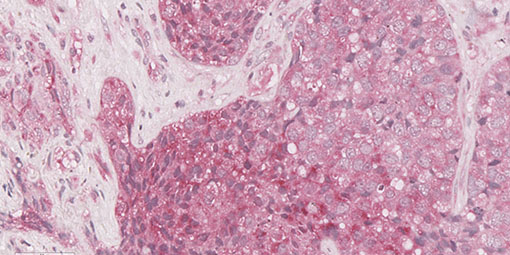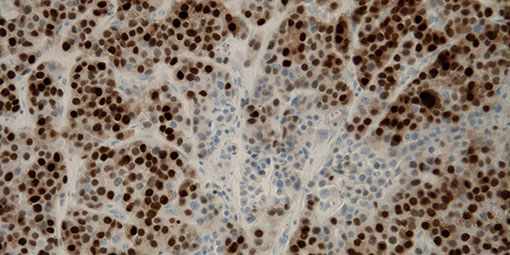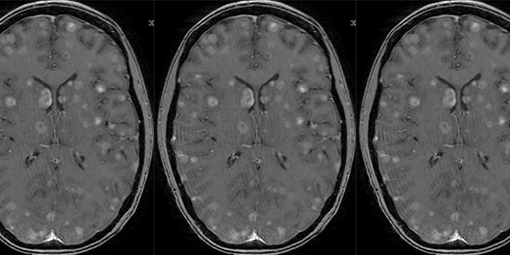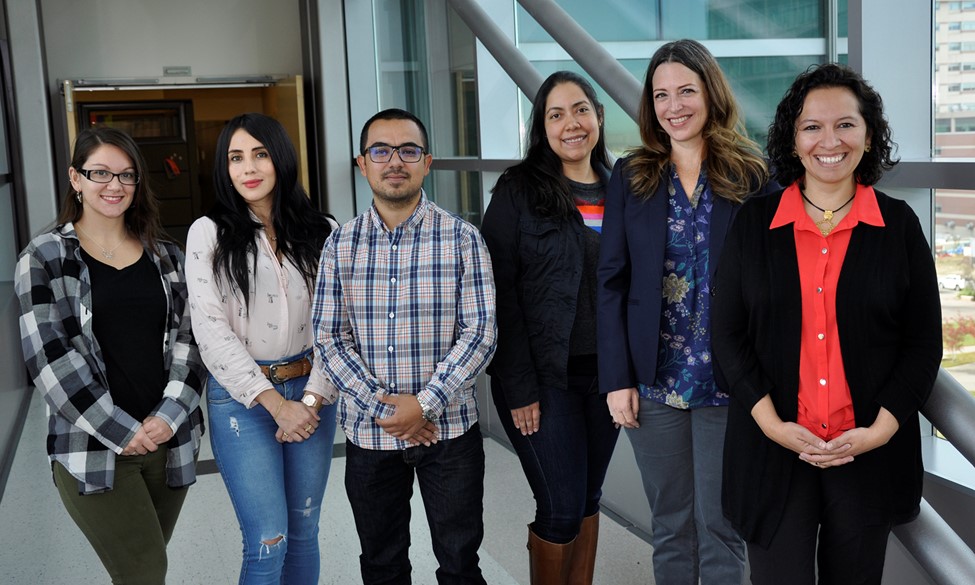Cancer cell adaptation in the brain microenvironment
Interactions between cancer cells and the metastatic microenvironment have emerged as critical factors driving survival, growth or death of cancer cells at metastatic sites. Brain metastases develop in an organ composed by a very specialized group of cells—astrocytes, endothelial cells, microglia and neurons—that control and protect brain function in a tightly regulated manner.
OUR GOALS

What are the mechanisms that regulate metastatic success in the brain?

How do cancer cells modify/are modified by the brain metastatic niche?

Can we identify key microenvironmental clues to prevent or treat brain metastasis?
OUR RESEARCH
To address these questions, we use a combination of molecular and cell biology approaches, including modeling of cancer-cell-BBB interaction in vitro, co-culture of cancer cells with astrocytes, assays of cancer-cell invasion in organotypic brain slices, as well as genetic and pharmacological targeting of various signaling molecules in cancer cells and/or the brain niche (i.e, transgenic models with ablation of genes of interest in reactive astrocytes).
We have also developed xenograft models derived from breast cancer brain metastases to validate in vitro and murine-derived leads in clinically relevant specimens, and have several fluorescently tagged-PDXs which allow us tracking of metastatic dissemination in vivo.
THE CITTELLY LAB
In the Cittelly lab, we empower and support each other in service of uncovering each lab member’s authentic voice and purpose. We tap into our creativity to find and answer those big questions in cancer cell biology by doing top-notch science.

